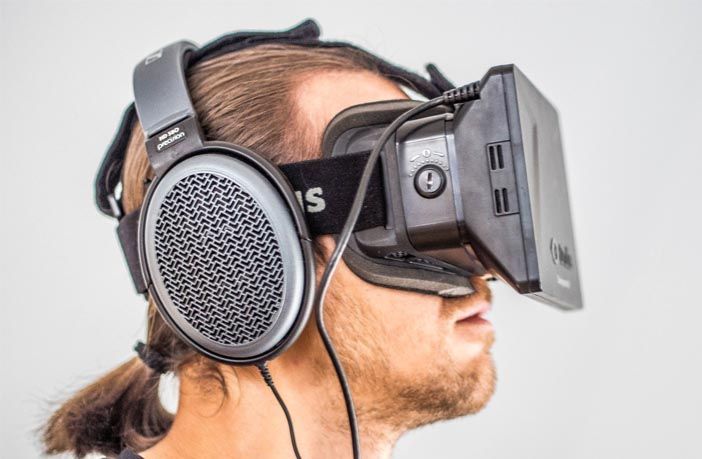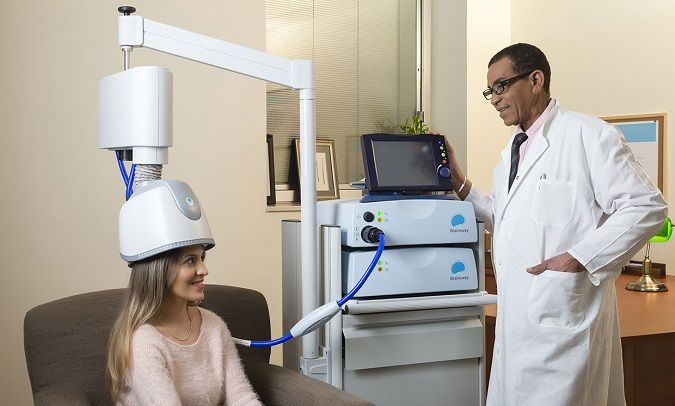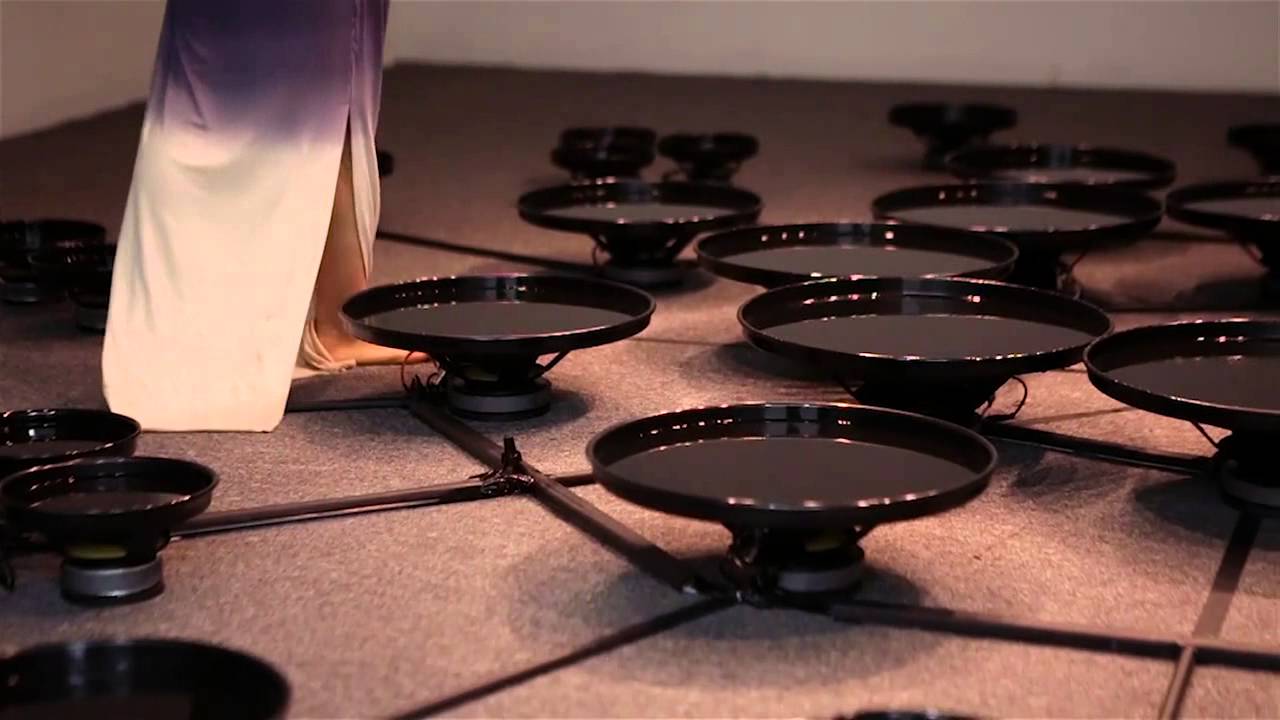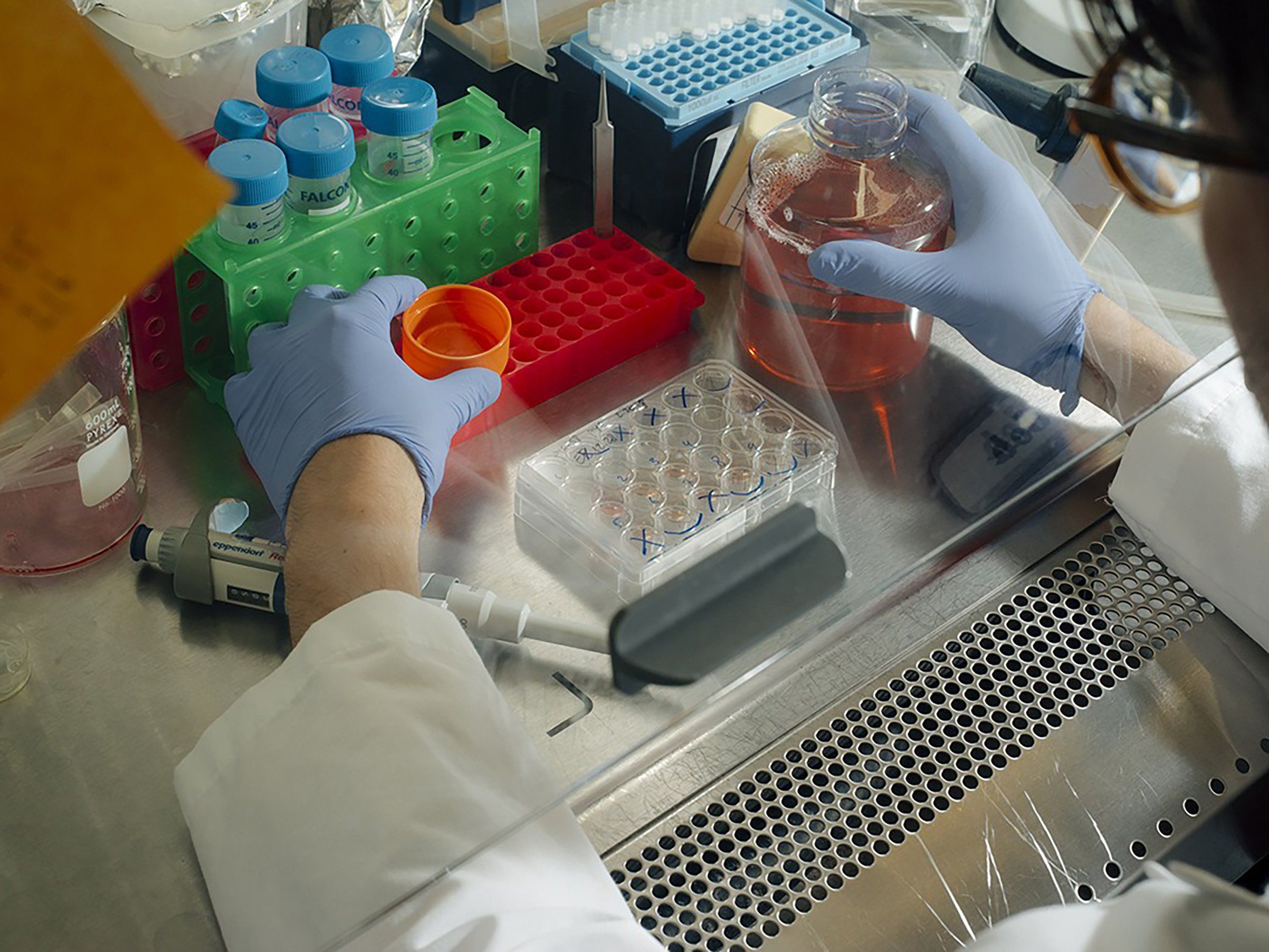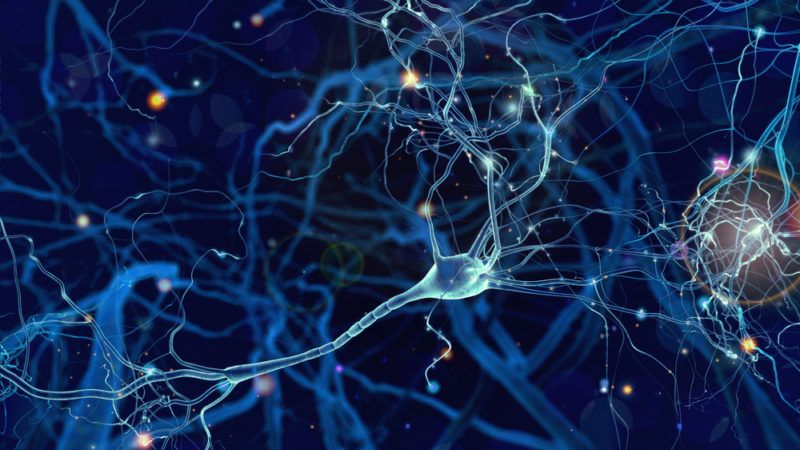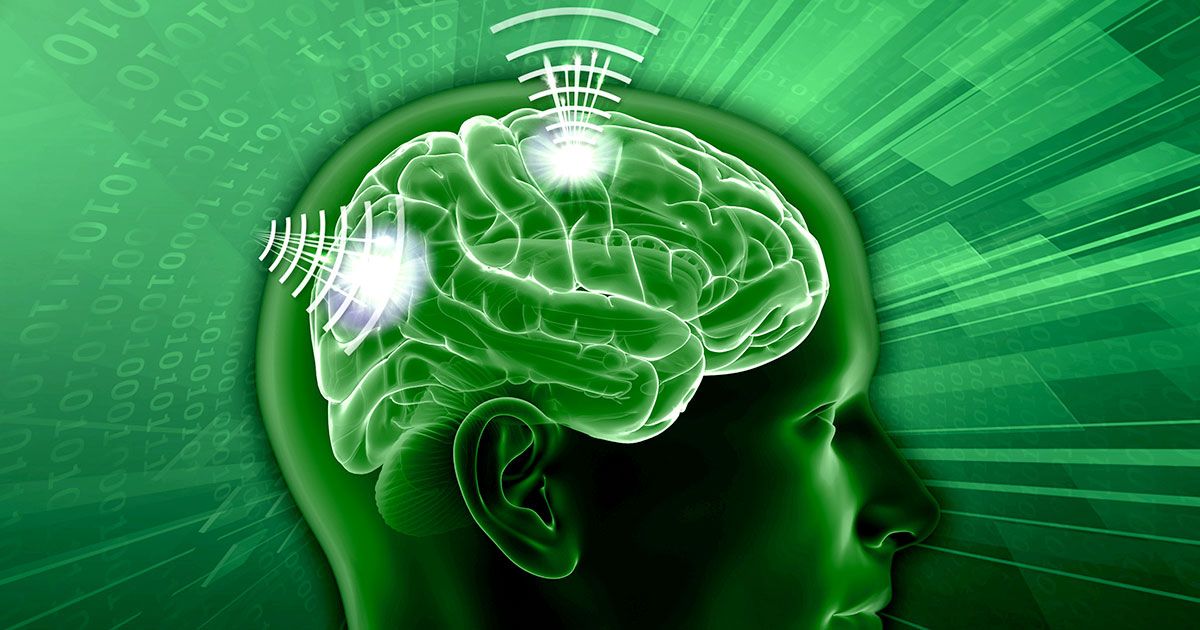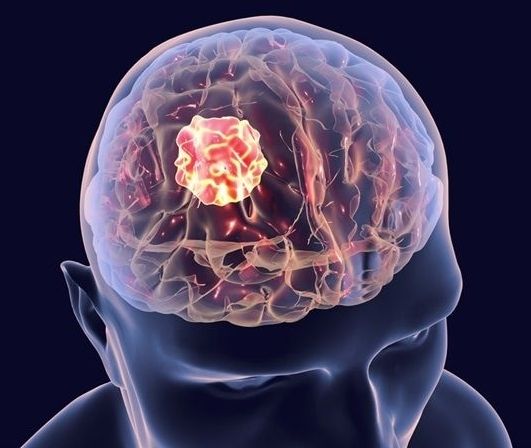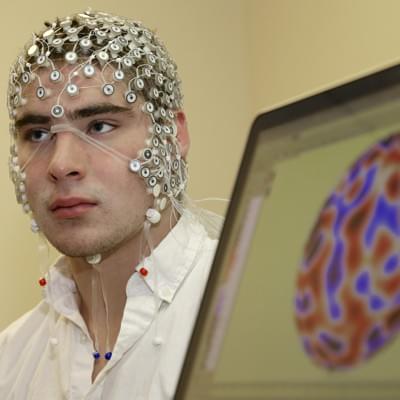Sep 14, 2018
People wearing virtual reality headsets have worse balance and increased mental exertion
Posted by Genevieve Klien in categories: biotech/medical, neuroscience, virtual reality
New research published in PLOS One has found that virtual reality use impairs physical and cognitive performance while trying to balance.
“I became interested in this topic because virtual reality headsets have recently become widely available, with great potential to make rehabilitation more enjoyable and varied for patients,” said study author Steven M. Peterson of the University of Michigan, Ann Arbor.
“While many studies have explored upper-limb activities, I wanted to understand how immersive and mentally challenging a virtual reality headset is when the user is walking around and not seated. We decided to test the realism of virtual reality by looking for stress at high heights because just the perception of heights can affect how people walk and how cautious they are.”
